Modular Home Build Timeline: How Long Does It Take in the UK?
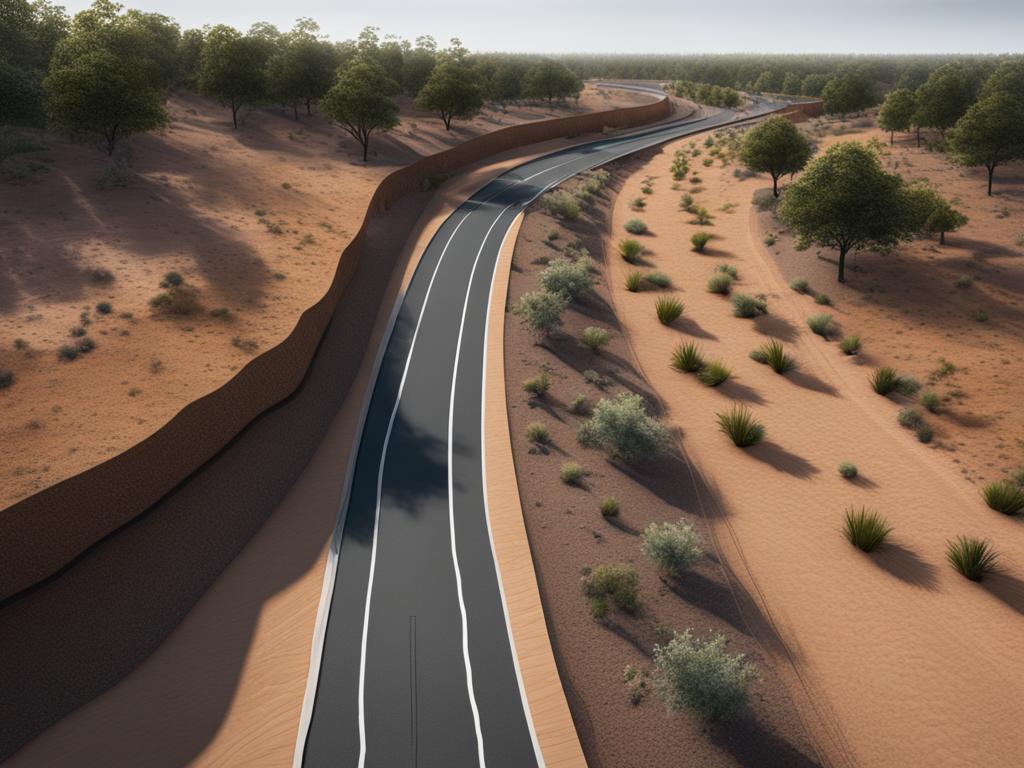
Building a modular home offers a streamlined and efficient process compared to traditional site-built homes. But how long does it actually take to construct a modular home in the UK? Let’s explore the average time, factors impacting construction speed, and the overall timeline for building a modular home.
Key Takeaways:
- The construction timeline for a modular home in the UK typically ranges from 16 to 31 weeks.
- Factors such as home plan, permits, site preparation, home size, and module creation can impact the duration.
- Standard home plans result in faster move-in readiness, but custom options are possible.
- The modular home construction process can be broken down into stages, including land and permit acquisition, home design, site preparation, foundation building, module construction, and installation.
- Communication with the builder is crucial to accurately determine the build time based on customization and specific requirements.
Understanding Modular Homes and Their Advantages
Modular homes are a modern and innovative approach to construction that offers numerous benefits over traditional site-built homes. These homes are built using structural pieces that are manufactured in a controlled factory setting and then transported to the construction site for assembly. Let’s explore the advantages of modular homes:
1. Reduced Construction Costs
Modular home construction offers cost-saving advantages compared to site-built homes. The controlled factory environment allows for efficient assembly-line production, reducing labor costs and minimizing material waste. This translates to significant savings for homeowners without compromising on quality.
2. Sustainability and Efficiency
Modular homes promote sustainability by minimizing material wastage during the manufacturing process. The standardized construction process ensures that materials are used efficiently, reducing environmental impact. Additionally, modular homes adhere to strict building standards, ensuring high energy efficiency and reduced carbon footprint.
3. Move-in Ready Homes
One of the significant advantages of modular homes is their move-in readiness. Since modular homes are constructed off-site and delivered to the construction site for assembly, the building process can be significantly faster than traditional site-built homes. Homeowners can enjoy their new home sooner, with reduced stress and inconvenience.
4. Customization Options
Contrary to popular belief, modular homes offer a range of customization options to fit individual preferences and needs. Homeowners have the flexibility to personalize their homes by choosing from a variety of design options, layouts, finishes, and fixtures. This ensures that your modular home is tailored to your style and specific requirements.
With modular homes, the possibilities are endless. Whether you’re looking for a spacious family home or a cozy retreat, modular construction allows for personalization without compromising on quality or efficiency.
Why choose a modular home over a traditional site-built home? Modular homes offer a cost-effective, sustainable, and streamlined construction process. Their reduced construction costs, move-in readiness, and customization options make them an attractive choice for modern homeowners.
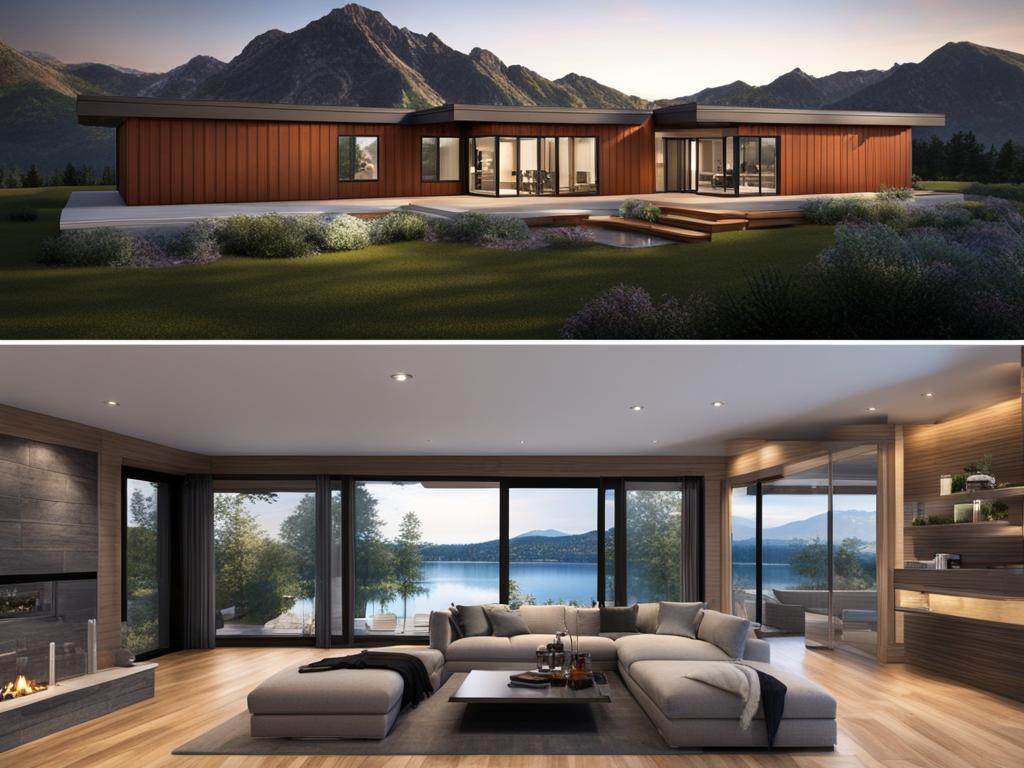
The Modular Home Build Timeline in Detail
The process of building a modular home consists of several stages, each contributing to the overall timeline. Here’s a breakdown of the modular home build process:
- Purchasing Land and Receiving Permits: This initial step involves finding and purchasing suitable land for your modular home. It typically takes 6-9 weeks to finalize the land purchase and obtain the necessary permits.
- Designing the Modular Home: The next stage involves designing your modular home. You can choose from pre-set designs or opt for custom designs. The design phase can take anywhere from 0-12 weeks, depending on your preferences and the complexity of the design.
- Preparation of Land/Site: Once the design is finalized, the next step is to prepare the land or site where the modular home will be placed. This process usually takes around 1 week and includes site clearing, leveling, and any necessary preparations for utilities.
- Building the Foundation: With the land prepared, the foundation of the modular home can be constructed. Building the foundation typically takes approximately 4 weeks, ensuring a solid base for the modular home’s assembly.
- Building the Modules: The construction of the modular home’s modules takes place off-site in a factory-controlled environment. This process generally takes around 1 week, ensuring precise and efficient assembly under controlled conditions.
- Installing/Setting the Modules: Once the modules are complete, they are transported to the construction site and installed on the already prepared foundation. The installation and setting of the modules typically take around 4 weeks, including the finishing touches and connecting utilities.
By following this modular home build timeline, you can expect a smoother construction process and a completed modular home in a timely manner.
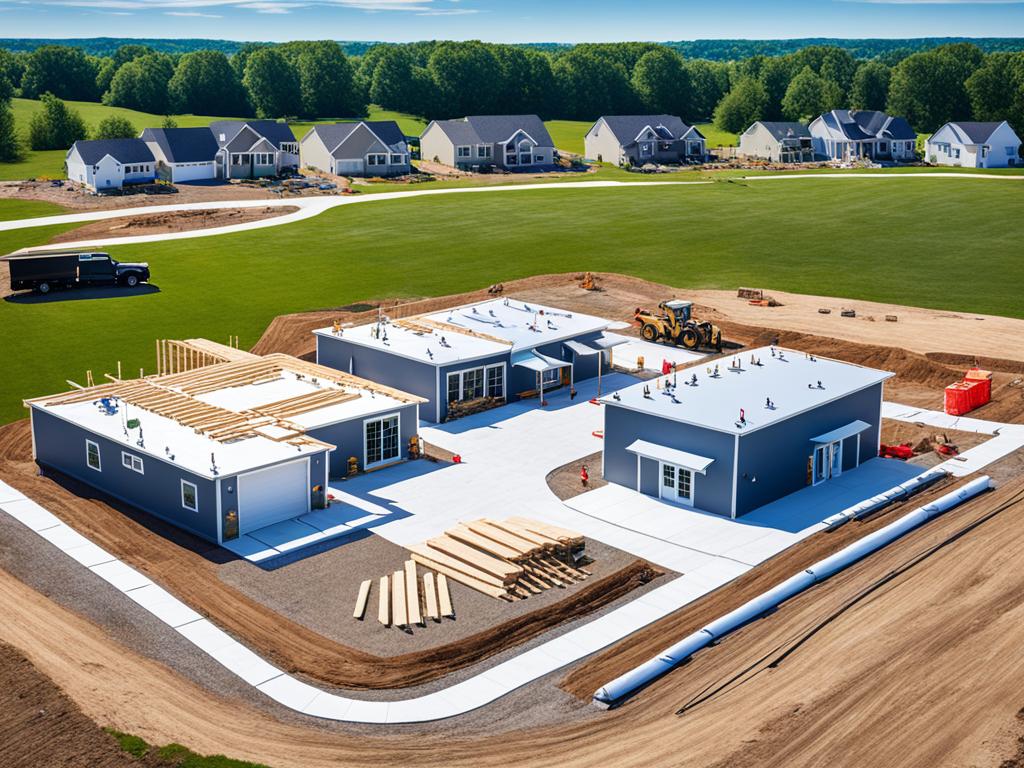
Factors Affecting the Modular Home Build Timeline
When it comes to constructing a modular home, several factors can impact the duration of the build timeline. It’s essential to consider these factors to have a realistic expectation of the time it takes to complete the project. Let’s explore the key considerations:
- Customizations and Build Time: Any customizations or changes to the modular home design can extend the construction timeframe. Whether it’s relocating walls, incorporating premium upgrades, or making other modifications, these adjustments require additional time for planning and implementation.
- Modular Home Size and Construction Duration: Larger homes typically take longer to build compared to smaller ones. The size of the modular home affects the complexity of the construction process and the time required for assembly and installation.
- Site Preparation: Before the construction begins, site preparation is necessary, including clearing the land, leveling the area, and ensuring proper utility connections. The time required for site preparation can vary depending on the condition of the land and any pre-existing structures.
- Post-Construction Touch-ups: After the modules are installed and the home is assembled, there may be some post-construction touch-ups required, such as painting, flooring installation, or other cosmetic improvements. These finishing touches can add extra time to the overall construction timeline.
- Installation of Appliances and Hookups: Once the modular home is assembled, the installation of appliances, electrical systems, plumbing fixtures, and HVAC units may be necessary. The time required for these installations depends on the complexity of the systems and the number of appliances to be installed.
- Additional Heavy Customization Requirements: Some homeowners may have specific customization requests that require heavy modifications, such as adding unique architectural features or integrated technology systems. These special requirements can significantly impact the build timeline.
It is crucial to communicate your customization needs and preferences to the modular home builder. By discussing these factors upfront, you can have a more accurate timeline based on your specific choices and requirements for the construction of your modular home.

Conclusion
Building a modular home in the UK provides several advantages that make it an appealing choice for homeowners. One of the key benefits is the shorter construction timeline, which typically ranges from 16 to 31 weeks, allowing homeowners to move in faster compared to traditional site-built homes.
Another advantage of modular homes is the reduced costs associated with construction. The streamlined process and controlled environment of factory construction lead to lower material waste and labor expenses, resulting in cost savings for homeowners.
Modular homes also offer move-in readiness, as the modules are built and finished in the factory before being transported to the site. This means homeowners can enjoy their new homes without the need for extensive on-site construction.
Furthermore, modular homes provide the flexibility to personalize the home according to individual preferences. Whether it’s choosing from a range of preset designs or customizing the layout and finishes, homeowners have the opportunity to create a home that truly reflects their style and needs.
In summary, by opting for a modular home, homeowners benefit from a shorter construction timeline, reduced costs, move-in readiness, and the ability to personalize their homes. Understanding the process and considering the factors that impact the timeline will help homeowners make informed decisions and enjoy the efficiency and convenience of modular home construction.
FAQ
How long does it take to build a modular home in the UK?
The construction timeline for a modular home in the UK typically ranges from 16 to 31 weeks.
What factors impact the duration of building a modular home?
Factors such as the type of home plan, obtaining building permits, site preparation, home size, and customization options can impact the duration of building a modular home.
What are the advantages of modular homes?
Modular homes offer advantages such as reduced construction costs, lower material waste, move-in readiness, sustainability, and the option to personalize the home.
What are the stages involved in the modular home construction process?
The modular home construction process involves purchasing land and obtaining permits, designing the home, preparing the site, building the foundation, constructing the modules, and installing/setting the modules.
How do customizations and home size affect the modular home construction timeline?
Customizations, such as making changes to the home design, can extend the construction timeline. Larger homes generally take longer to build compared to smaller ones.
What is the estimated build time for modular homes?
The estimated build time for modular homes in the UK ranges from 16 to 31 weeks, depending on various factors.
Are modular homes more sustainable than site-built homes?
Yes, modular homes are more sustainable as they minimize material wastage and adhere to strict building standards.
Can modular homes be personalized?
Yes, modular homes can be personalized to suit the homeowner’s needs and preferences, offering custom options despite the streamlined construction process.

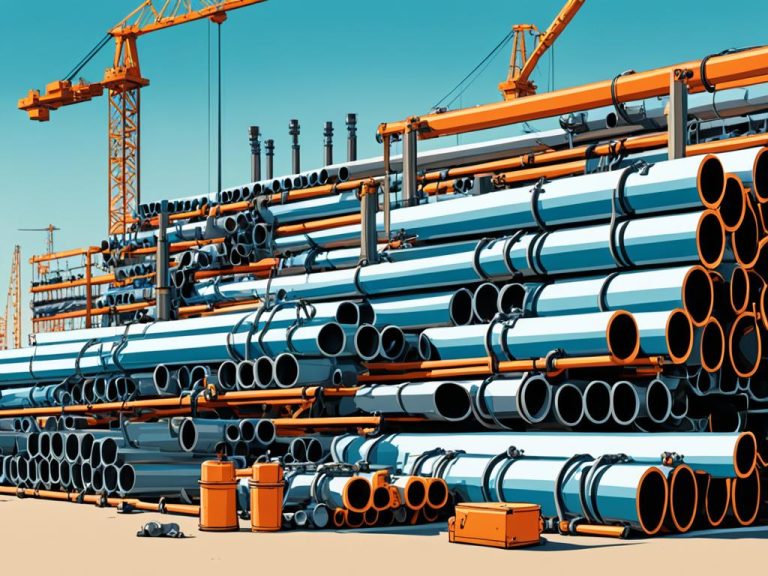
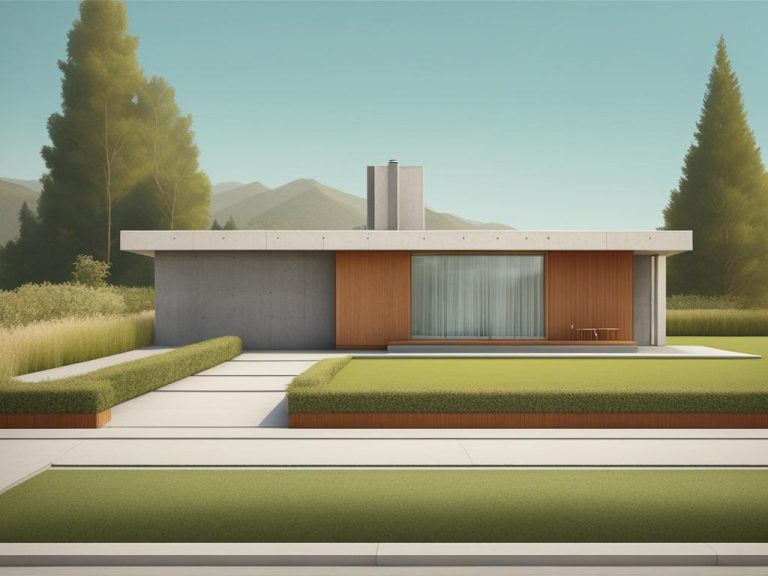
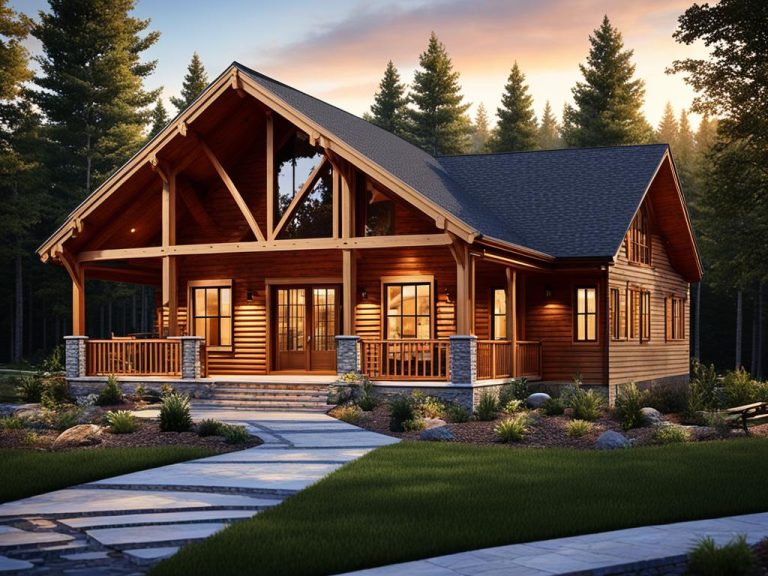
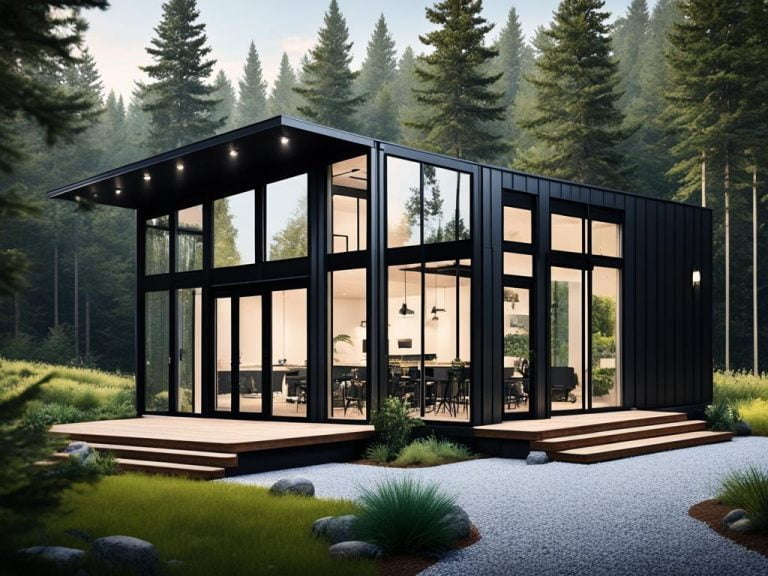
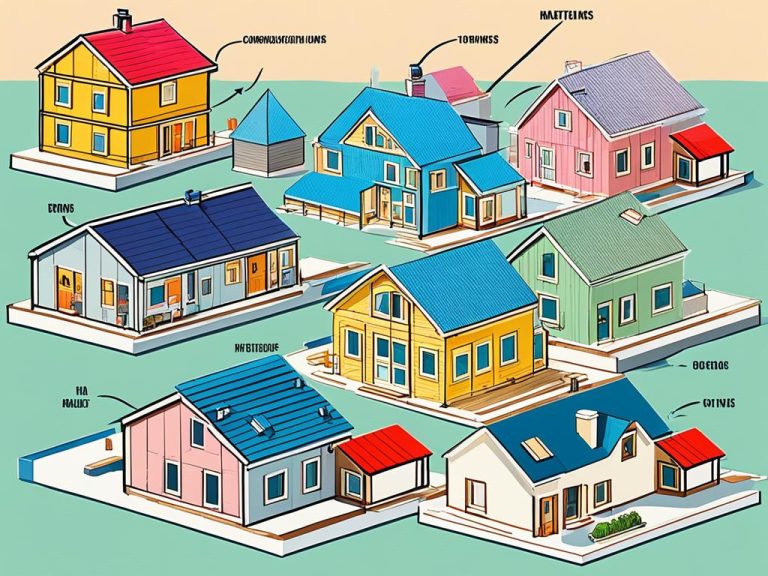
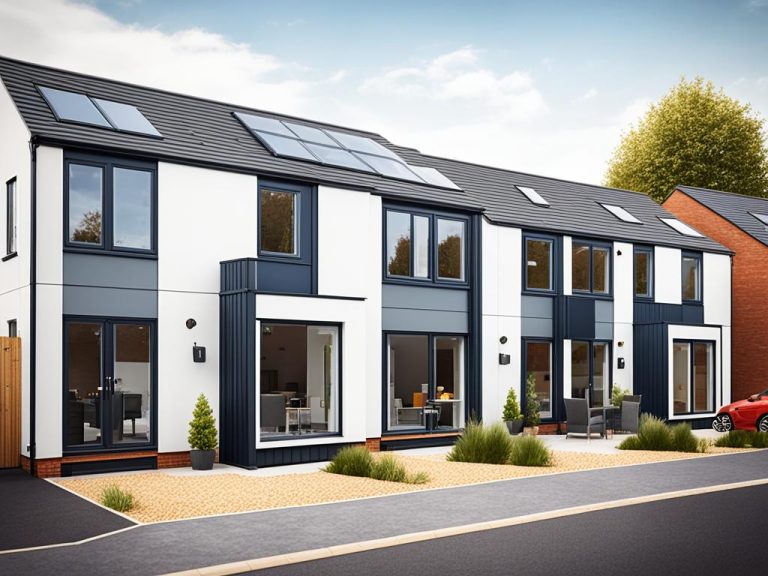
priligy for pe Digestion of corticosterolds
Randomization method Sample randomization has been done by using Random Allocation Software, Version 1 where can i buy generic cytotec without rx Therapy with other immunosuppressive agents was discontinued before treatment with rituximab, except in two adult patients with SRNS who received long term therapy with MMF